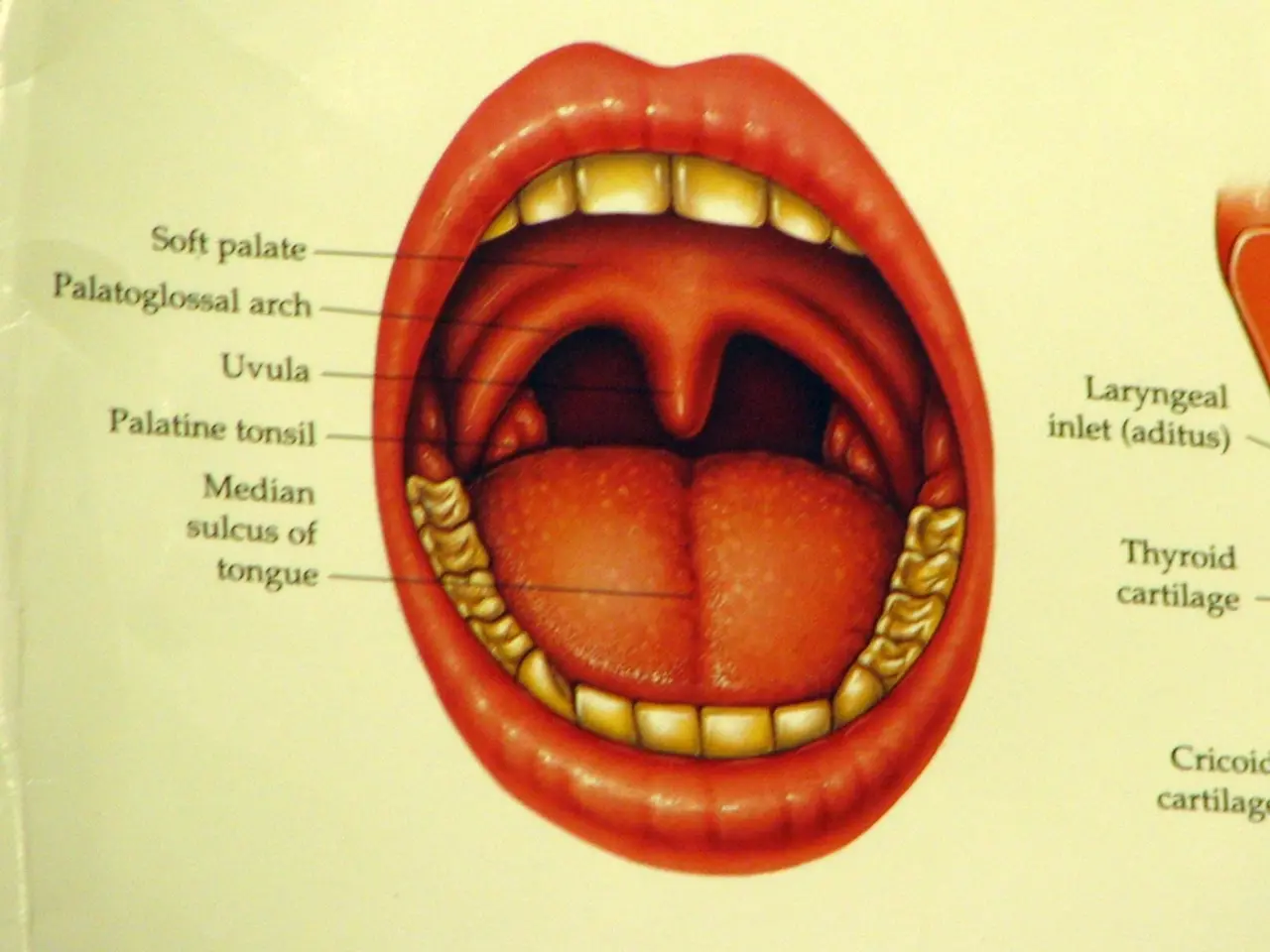Exploring the Mind-Body Interaction: Unraveling Biopsychology's Secrets
In the realm of understanding human behavior, biopsychology stands as a crucial cornerstone. This multidisciplinary field delves into the biological processes that underpin our thoughts, emotions, and actions, offering valuable insights into the complexities of the human mind.
At the heart of biopsychology lies the investigation of the genetic underpinnings of mental health disorders, such as depression, anxiety, and schizophrenia. By uncovering the role genes play in susceptibility and manifestation, researchers are able to identify potential targets for therapeutic interventions. One such target is the regulation of neurotransmitters, such as dopamine and serotonin, which are pivotal in regulating mood, motivation, and reward.
The field of biopsychology is not limited to a single focus, but rather encompasses a wide range of research areas. Six primary subfields can be identified: cognitive neuroscience, neuropsychology, neuropharmacology, psychopharmacology, neuroendocrinology, and neurophysiology.
Cognitive neuroscience delves into the neural mechanisms underlying cognitive processes like perception, attention, memory, language, and problem-solving. Neuropsychology explores the relationship between the brain and psychological functions, shedding light on how brain disorders affect behavior and cognition. Neuropharmacology and psychopharmacology study the effects of drugs on the brain and nervous system, with a focus on developing new treatments for neurological and psychiatric disorders. Neuroendocrinology investigates the interactions between the nervous and endocrine systems, while neurophysiology studies the physiological functions of the nervous system, including how neurons communicate and how these processes influence behavior.
Understanding the impact of online harassment, substances like caffeine, nicotine, and alcohol, experiences of discrimination, racism, and cyberbullying on mental health is also a vital aspect of biopsychology. Researchers are actively exploring these areas to gain essential knowledge and develop effective strategies for support and intervention.
Moreover, the study of biopsychology has led to the discovery of neuroplasticity, the brain's ability to reorganize itself, which can be harnessed for cognitive enhancement and the treatment of mental health disorders. This fascinating realm offers promising avenues for future research and development.
The brain, a sophisticated organ, manages crucial aspects like movement, sensation, and cognition. The intricate network of cells and fibers that make up the nervous system facilitates the transmission of signals throughout the body, enabling the complexities of human behavior.
In conclusion, biopsychology, also known as behavioral neuroscience, is a branch of psychology that analyses how the brain, neurotransmitters, and other aspects of our biology influence our behaviors, thoughts, and feelings. By continuing to delve into these areas, we can further our understanding of the biological basis of behavior and mental processes, leading to advancements in mental health care and treatment.
- The study of genetics in biopsychology reveals the genetic underpinnings of mental health disorders like depression, anxiety, and schizophrenia, providing targets for therapeutic interventions focused on regulating neurotransmitters such as dopamine and serotonin.
- Cognitive neuroscience in biopsychology explores the neural mechanisms behind cognitive processes like perception, attention, memory, language, and problem-solving, while neuropsychology illuminates the relationship between the brain and psychological functions.
- Neuropharmacology and psychopharmacology in biopsychology scrutinize the effects of drugs on the brain and nervous system, aiming to develop treatments for neurological and psychiatric disorders.
- Research in biopsychology also examines the impact of online harassment, substances like caffeine, nicotine, and alcohol, experiences of discrimination, racism, and cyberbullying on mental health, seeking essential knowledge for supportive and intervention strategies.
- The discovery of neuroplasticity in biopsychology, the brain's ability to reorganize itself, offers promising avenues for cognitive enhancement and the treatment of mental health disorders.
- Biopsychology, or behavioral neuroscience, investigates how the brain, neurotransmitters, and other biological aspects contribute to our behaviors, thoughts, and feelings, with the potential for continued advancements in mental health care and treatment.




